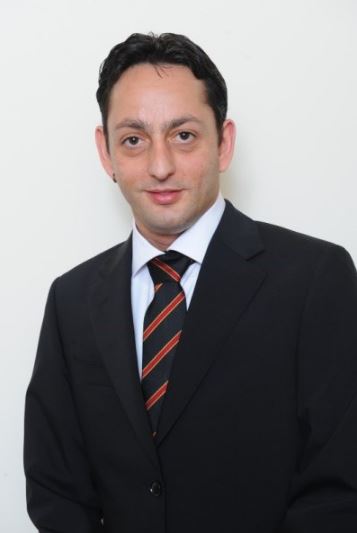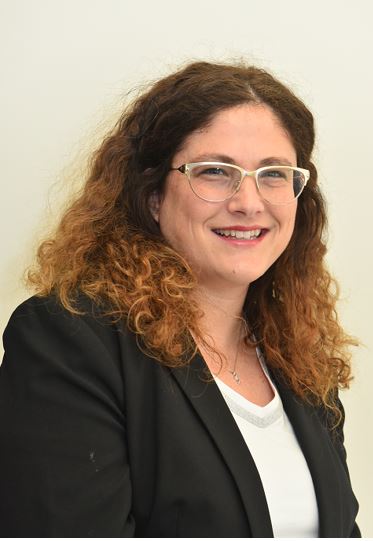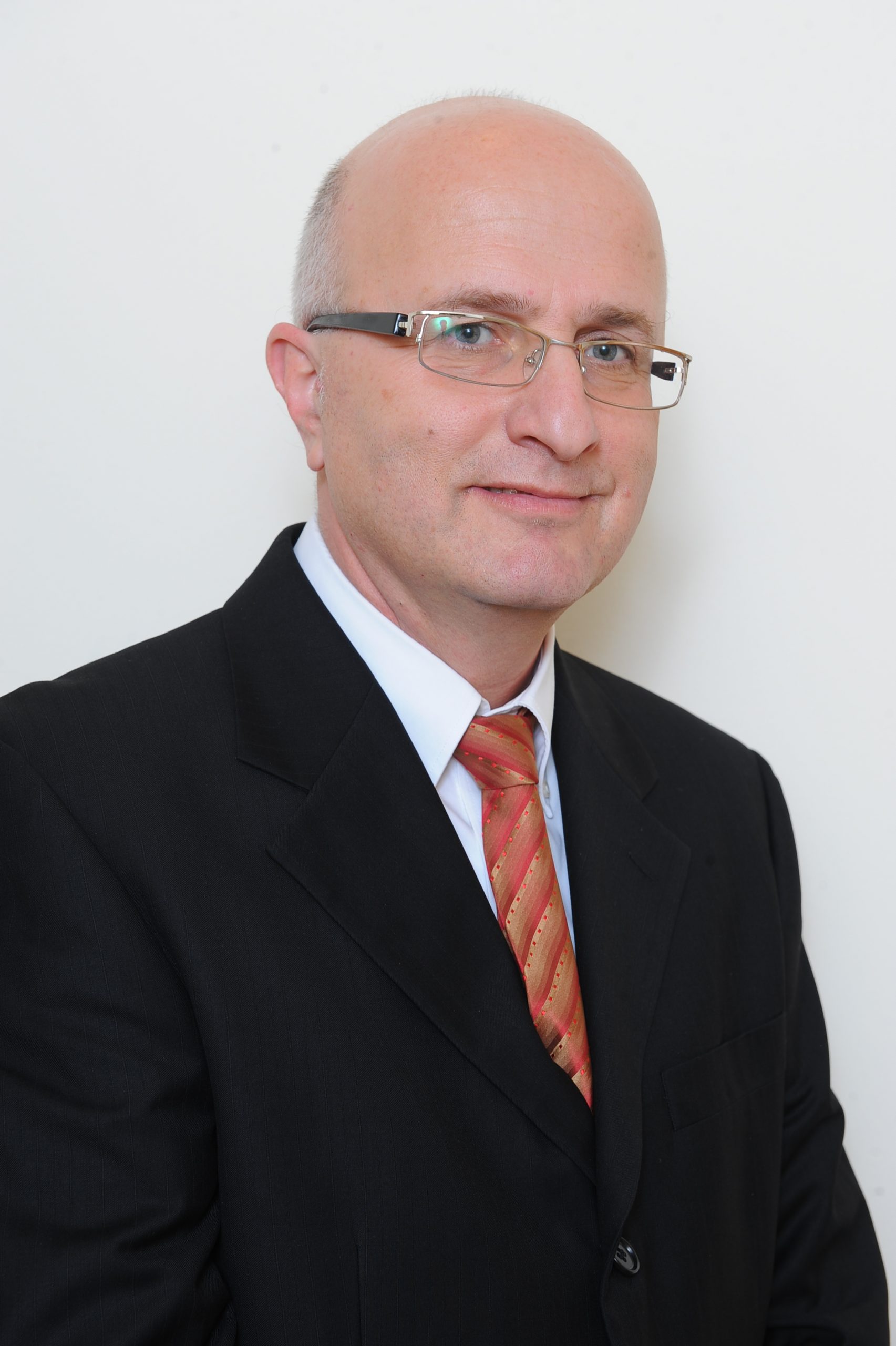The Dutch Ministry of Finance has published clarification with regard to classification for tax purposes of “inferior loans”, i.e.: dead loans or long term loans (over 50 years): with regard to these, the lender is entitled partial or entire payment only in the event of liquidation or insolvency. In addition, his status is equal to that of shareholders in the company receiving the loan (as opposed to creditor status). The publication determines that interest from a loan as stated shall not be permitted with deduction by the borrowing company; however, the lending company may enjoy the Dutch participation exemption due to the “interest” it receives from it, on condition of meeting the regular terms of the participation exemption regime, and on condition of having applied in advance. We should clarify that regardless of the publication under discussion, since 2016, the income of a Dutch resident company may not enjoy the participation exemption regime, to the extent the income is deductible at the level of the paying foreign resident.
Examining the Israeli foreign controlled company (CFC) provisions:
In light of the aforementioned, it would be interesting to examine application of CFC provisions in Israel, with an Israeli resident holding a Dutch company which has income from inferior loans given by it. To calculate the income of the foreign company, resident of a country with whom Israel has a double tax agreement (“Treaty Country”) the calculation shall be made according to the tax laws of that country, but shall also include a dividend or capital gain, even if they are tax-exempt or not considered income according to the tax laws of that country. The section does not relate to interest or other income, therefore it may learned that interest or other income removed from the tax base in the treaty country are not included when calculating the stated income, and will not be included as part of CFC provisions. We note that from the income tax circulars it is unclear whether calculation of the CFC income as stated adopts the tax laws in the treaty country only with regard to income sums or for classification as well.
Income received by a Dutch company from a dead loan:
When an Israeli resident holds a Dutch company and that company makes a profit from sale/transfer of a dead loan (or ordinary loan) then the action is subject to CFC rules since although capital gain is tax exempt in Holland, in Israel the profit is returned to the tax base for CFC, rules’ purpose, as previously mentioned. When that Dutch company puts up a dead loan and receives “regular” interest on it, the Dutch publishing guidelines determine that this income is not classified as a dividend in Holland, nor is it clear whether it is classified as interest or as other income; however, it will enjoy the exemption (under the above terms) and not be included in the tax base in Holland. Therefore, this income will not be “returned” to the tax base and CFC provisions will not apply.
Interest participating in profits (profit participating loans):
The additional case mentioned in the Dutch publication is an inferior long-term (or dead) loan, for which interest depends on the profits of the lending company. In such a loan, payment (interest) will be reclassified in Holland as a dividend.
In such a case one needs to examine whether Israel absorbs the classification of the treaty country too, i.e., the income is classified as a dividend; CFC provisions shall then apply, due to the fact that the dividend is “returned” to the tax base. As opposed to this, if we say that Israel does not absorb the income classification of the Treaty Country, it may then be claimed that the income constitutes interest despite the Dutch classification and, as stated, interest is not “returned” to the tax base; therefore, CFC provisions shall not apply.
Share:




